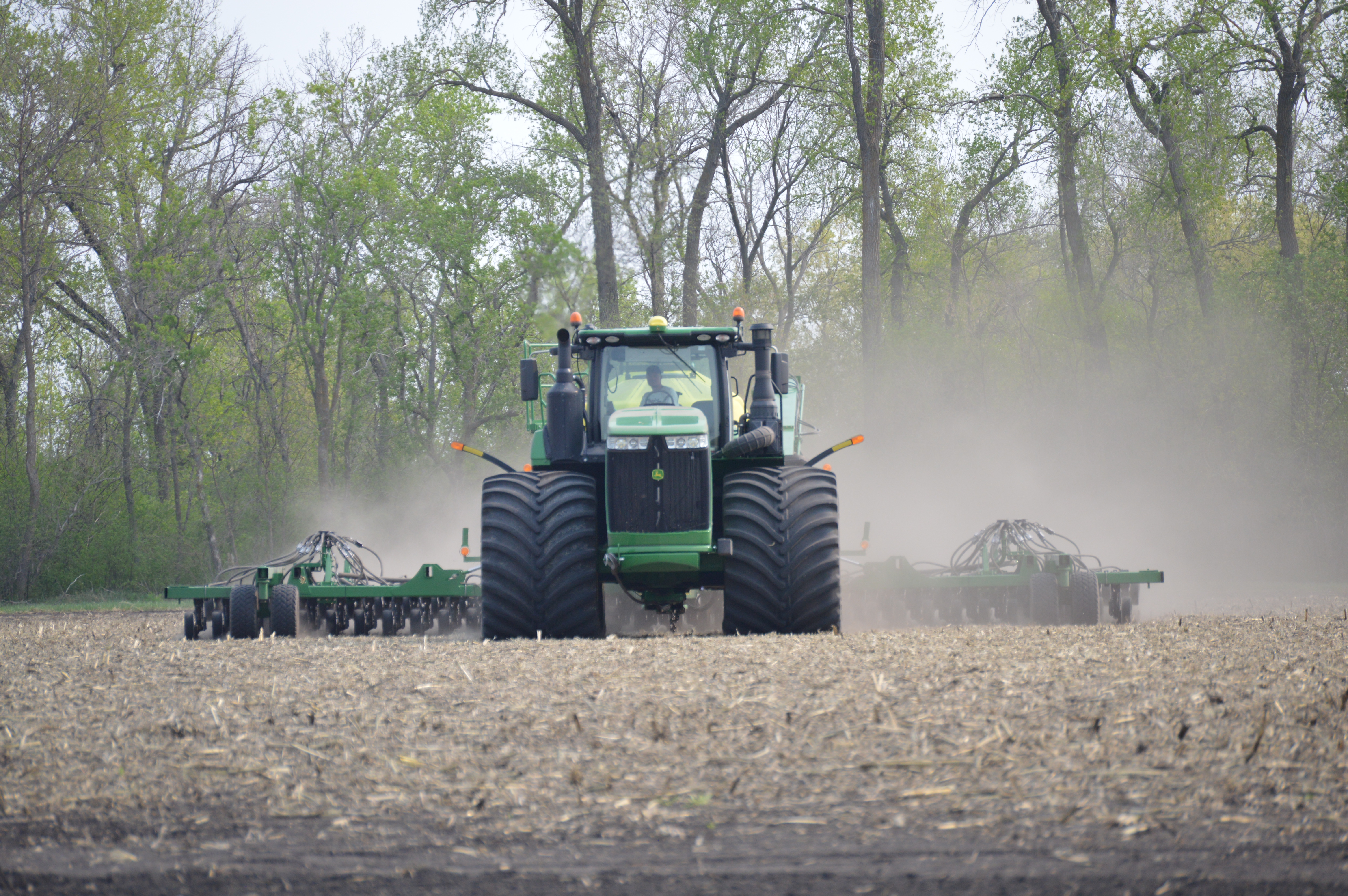Written by Joe Smentek, Minnesota Soybean Growers Association Executive Director
This week I had the unique opportunity, on behalf of the Minnesota Soybean Research & Promotion Council (MSR&PC) to join five Minnesota soybean farmer leaders on a trip to New York City with the National Biodiesel Board.

The trip focused on the use of biodiesel in heating oil and as a fuel in New York City fleets. The group from Minnesota joined more than 60 other soybean staff members, farmers, government officials, clean air advocates, and biodiesel specialist from around the country. The group started the week by meeting with New York City Council member Costa Constantinides. Councilman Constantinides is leading the charge in New York City to reduce the city’s air pollution by using more renewable fuels.
MSR&PC was represented by Ron Obermoller and Jim Willers. Mike Skaug, Brian Fruechte and Haley Ammann attended on behalf of the Minnesota Soybean Growers Association (MSGA)
Constantinides was the main sponsor of the NYC Bill 642 mandating five percent bioheat that started in October 2017. Bioheat fuel is a blend of biodiesel and heating oil that is used to heat many homes in the Northeast. The mandate will increase to 20 percent blend of biodiesel in bioheat by 2034. New York City doesn’t just focus on heating oil; they also use biodiesel in their vehicle fleets for a variety of reasons.
Jonathan Els, director of Fleet Sustainability, joined other officials from the New York Fire Department to discuss their use of biodiesel. They both reported finding biodiesel to be a reliable fuel that supplies the power needed to move their heavy machinery. The city also has some aggressive sustainability goals that biodiesel helps them meet. Biodiesel usage reduces greenhouse gases, helping New York City to meet their climate change goals along with cleaning the air for city residents.
The group then met with the folks working in the National Oilheat Research and Development Laboratory in Plainview, N.Y. There the group heard about new, self-regulating burners. With past technologies moving from a B20 blend down to a B5 blend, a technician was required to come out and tune the burners to burn at their highest efficiency. The newer technology allows for blends all the way to B100 without the need for servicing the burner. This had been a large barrier in getting consumers or distributors to adopt higher blends. As this new technology expands in the marketplace, higher blends of biodiesel should follow.
Another large user of Biodiesel in the New York area is the Port Authority of New York and New Jersey. The Port Authority has similar climate change goals and sustainability goals that they are trying to reach. They also have very important tasks that they need to accomplish, such as clearing runways at the three airports they operate. Biodiesel gives their heavy equipment the power they need with the greenhouse gas reductions they want. In addition to biodiesel, they are using soy in their tires as well. The Goodyear Assurance WeatherReady tires that incorporate soy oil have become a standard on their fleet vehicles. This helps them with their goals of reducing fossil fuel usage at the port.
While learning about the challenges that remain with increased blends of biodiesel in heating oil I had a sense of déjà vu. The biggest hurdles remaining mostly center around tank maintenance. Changes to low Sulphur diesel have exacerbated problems with fungal and bacteria growth in water in tanks. Many of the fuel problems the Oilheat lab sees are tank maintenance issues. Just like the issues we see with biodiesel as a vehicle fuel, tank maintenance is an important issue.
The three days in New York were very eye opening to our group. New York City represents a huge market opportunity for biodiesel. Biodiesel is a liquid fuel that can provide heavy equipment operators with the energy they need and can supply air quality and climate benefits at the same time. The National Biodiesel Board has done an excellent job in communicating this to these end users, and have forged partnerships that can lead to more farm profitability.







